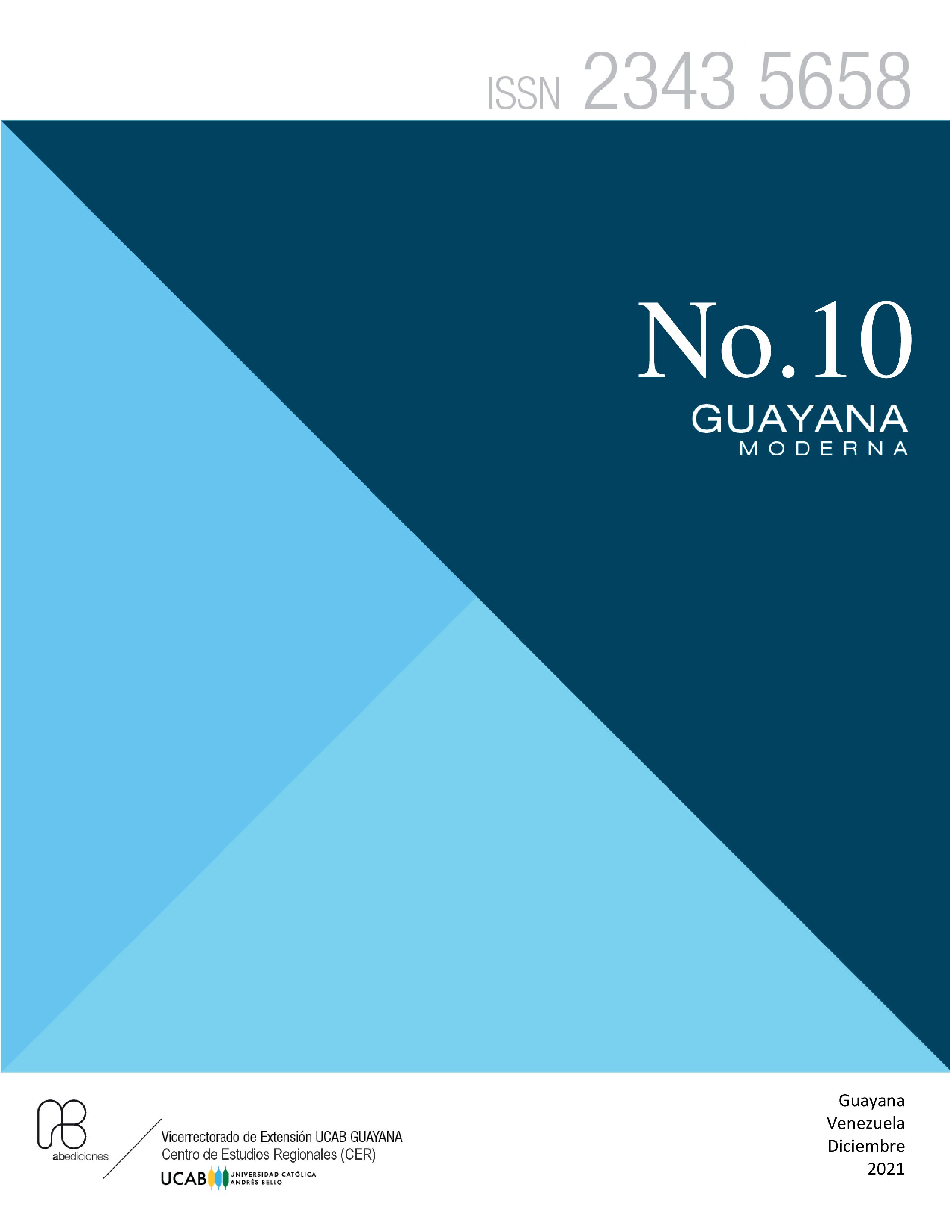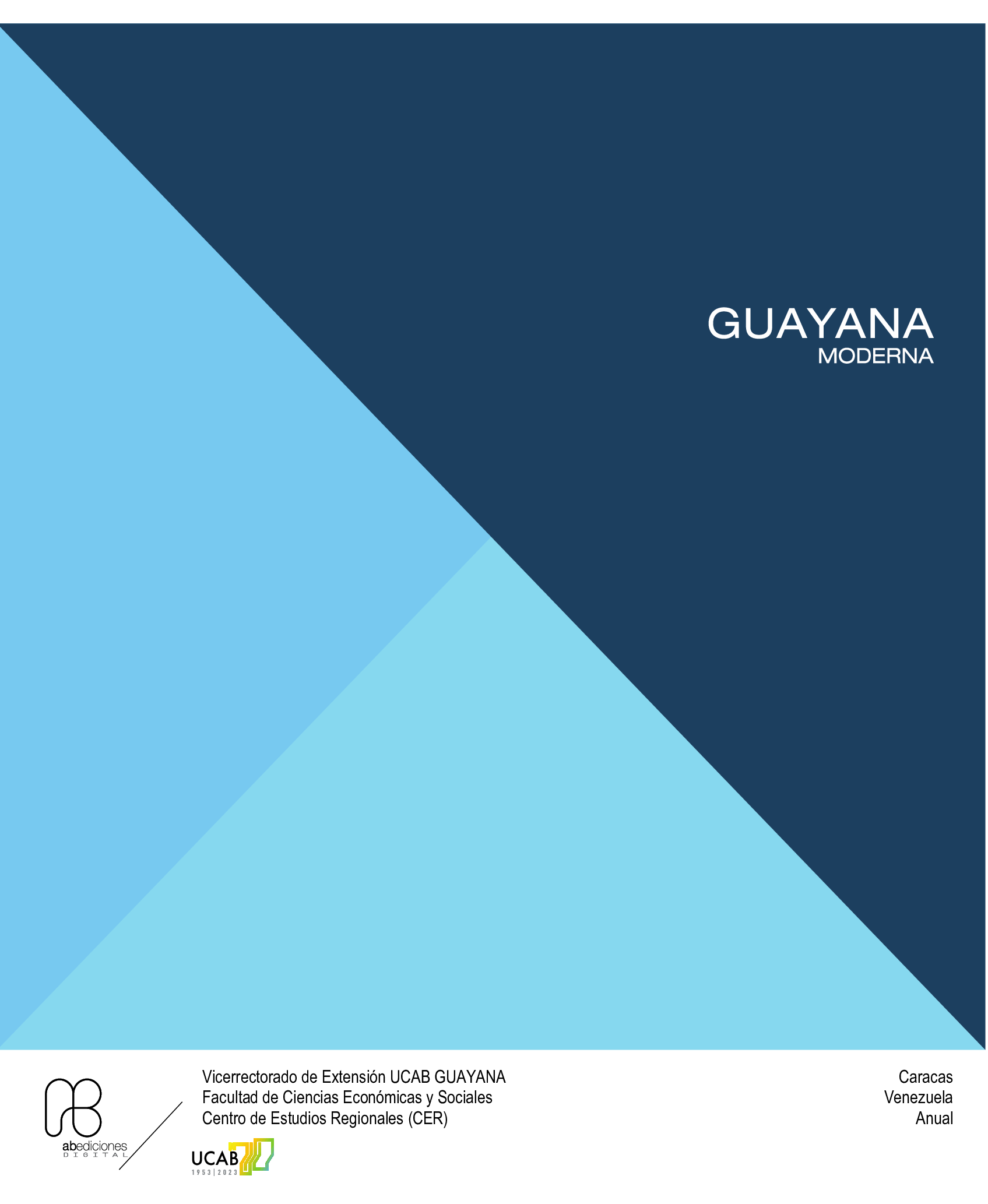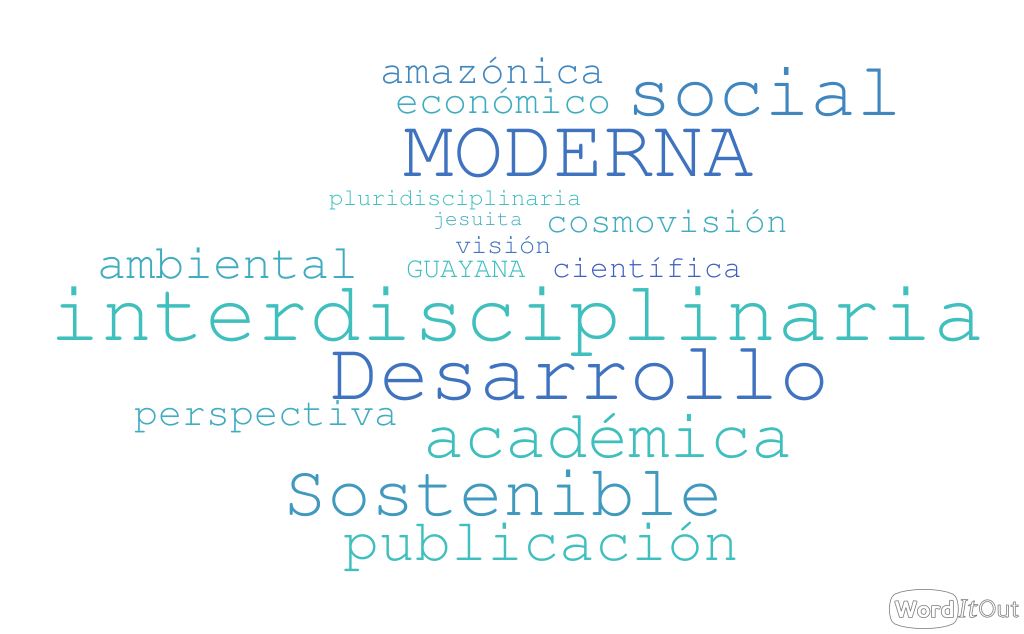Importance of using safe water in the prevention of water-borne diseases in educational centers located in municipalities of the state of Bolívar. Venezuela
Abstract
Access to safe drinking water is fundamental to health, one of the basic human rights and a component of effective health protection policies. The situation of the drinking water service in Bolívar state is critical (quantity, quality, frequency). What has led the population to search for alternative sources of the vital liquid (rivers, streams, deep wells, cisterns, purchase of water bottles, among others). In many cases of doubtful sanitary quality, non-compliance with the Venezuelan Sanitary Standards for Drinking Water Quality. The most common and widespread health risk associated with drinking water is microbial contamination. Therefore, it is essential to improve and maintain microbiological quality water to reduce the incidence of waterborne diseases. This paper presents the results obtained from the information survey carried out in Basic Schools/Educational Units, located in municipalities of the Bolívar state, with the aim of exploring the knowledge available to Children and Adolescents (NNA) and Teachers, Mothers , Parents and Representatives (DMPR), on the importance of drinking safe water and hand washing, in the prevention of diseases associated with the consumption of unsafe water, such as infectious diarrhea.
Key words: water safe, unsafe water, water diseases, hand washing, school, Bolívar state.








